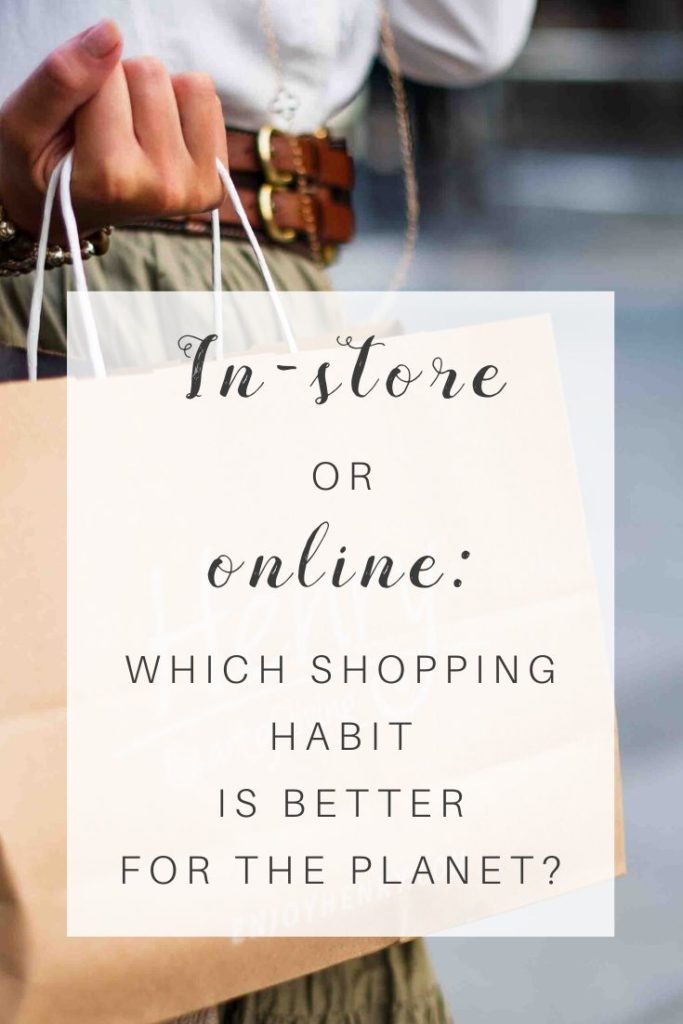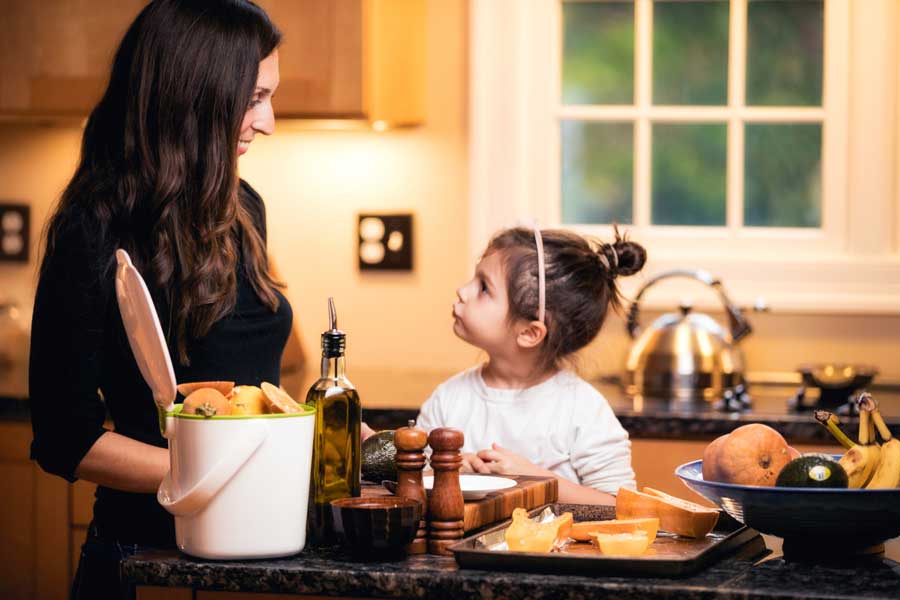In-store or Online Shopping: Which is Better for the Planet?
In-store or Online Shopping: Which is Better for the Planet?
Every year, 165 billion packages are shipped in the United States.
Does this figure seem staggering? It should. Because all these packages generate enough cardboard to equal more than 1 billion trees.
Online shopping isn’t going anywhere; in fact, e-commerce sales are expected to double in the next decade. This week, I tackle both the environmental advantages as well as the disadvantages to our collective online shopping habit. (You may be surprised to learn that – when it comes to sustainable shopping – the issue runs much deeper than overboxing). I offer 6 strategies for shopping intentionally, too.
Enjoy!
* Access this week’s Show Notes here.
* Find your tribe. Sustainable Minimalists are on Facebook, Instagram + Pinterest.
Podcast: Play in new window | Download



One thought on “In-store or Online Shopping: Which is Better for the Planet?”
Question – how does making your own clothes stack up from an eco-conscious standpoint? I love to knit and sew for myself and my family and feel like it has many benefits. I haven’t heard you talk about it on your podcast, though, and I wondered your perspective.
Thanks for a great podcast. It’s really been helpful in getting me to break some bad habits and start some new good ones.
Comments are closed.